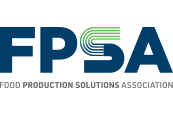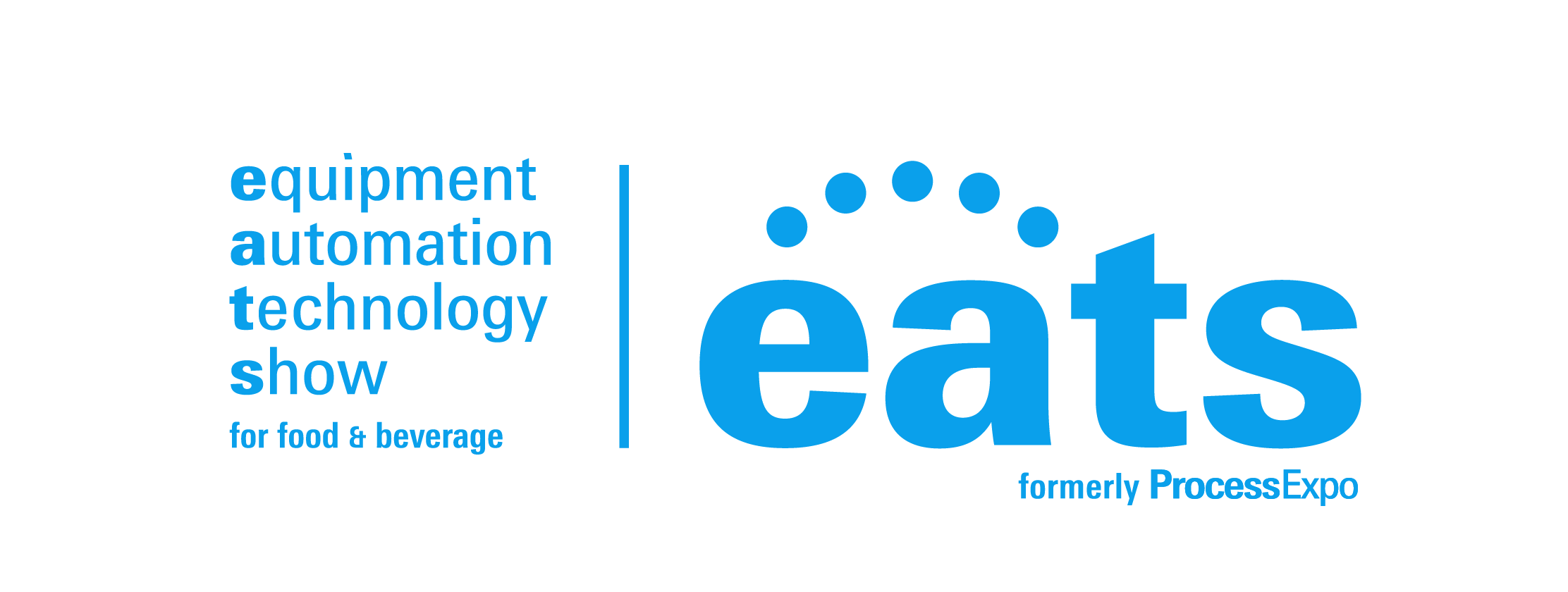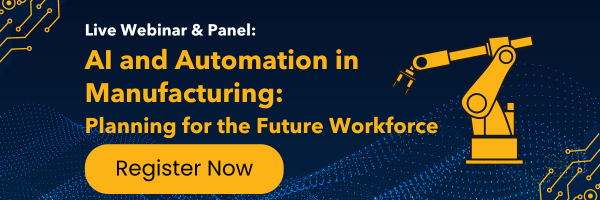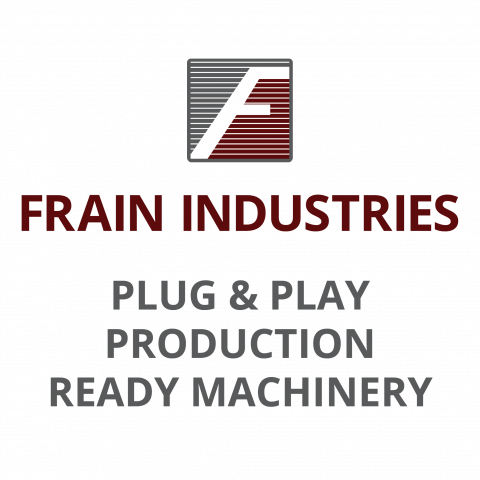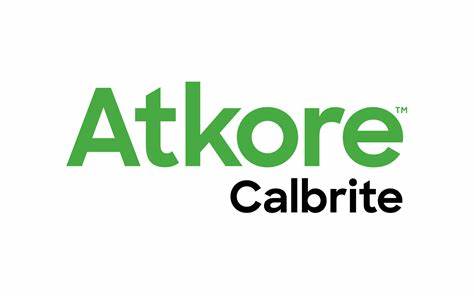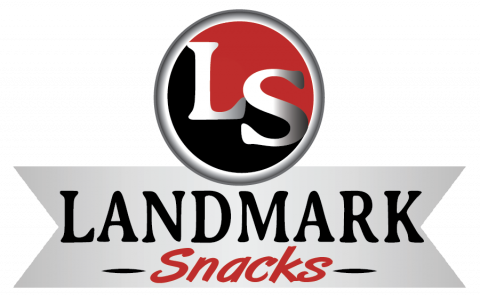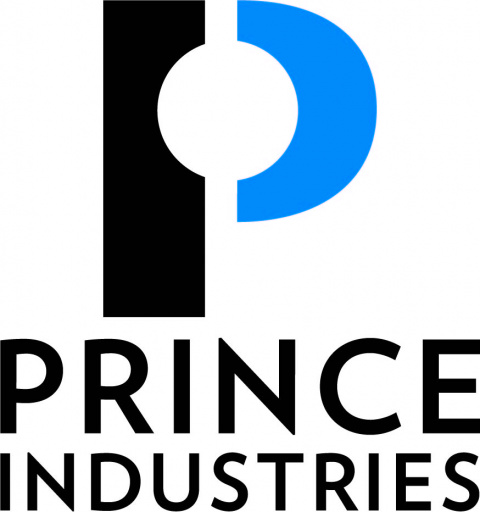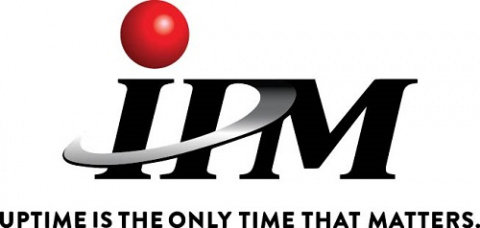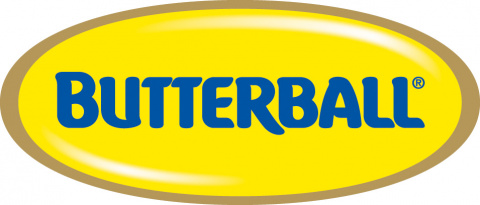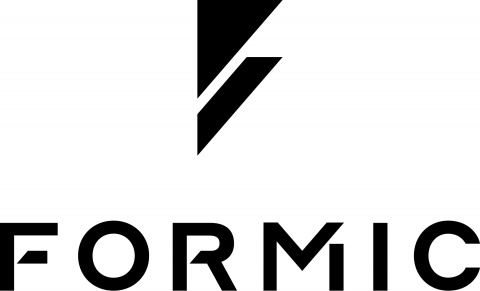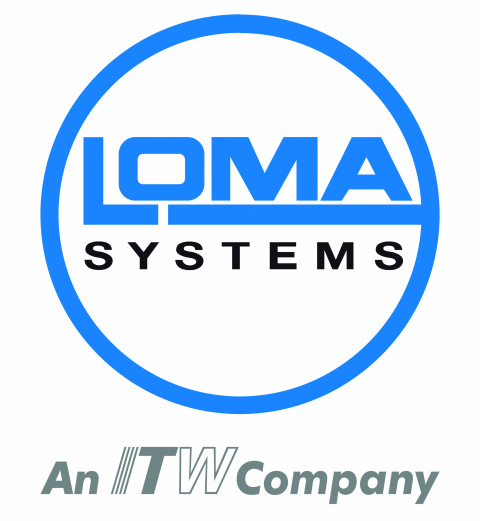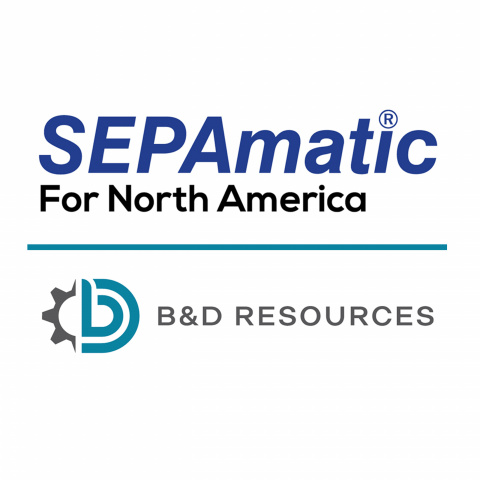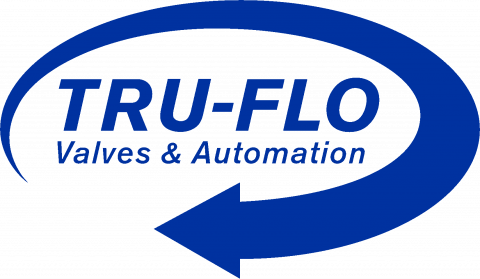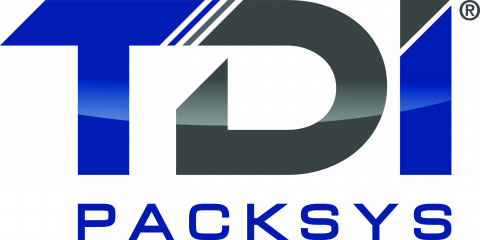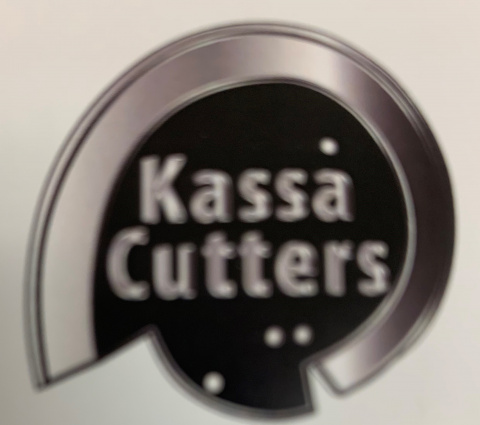
AI and automation are transforming food manufacturing leaving leaders and front-line workers excited, confused, concerned and a little lost and that's ok.
Setting a baseline, what is AI and automation?
Artificial Intelligence: AI refers to the simulation of human intelligence in machines, enabling them to perform tasks that typically require human cognition, such as learning, problem-solving, and decision-making. In food manufacturing, AI algorithms analyze vast amounts of data from sensors, machines and production processes to optimize efficiency, quality, and safety.
Automation: Automation involves the use of technology to automate tasks and processes, reducing the need for human intervention. In food manufacturing, automation systems control equipment, machinery, and production lines, streamlining operations, and minimizing errors.
Why Adapt Training and Development Programs?
AI and automation have the potential to revolutionize food manufacturing by streamlining processes and increasing productivity. However, to fully harness their capabilities, employees need to be equipped with the knowledge and skills to operate and maintain AI or automation-driven systems effectively.
Ensuring Quality and Safety: In an industry where quality and safety are paramount, AI and automation play a crucial role in detecting contaminants, monitoring production parameters, and ensuring compliance with regulatory standards. Training programs must focus on educating employees on how AI and automation technologies contribute to maintaining high-quality standards and food safety.
Adapting to Changing Job Roles: As AI and automation become more prevalent in food manufacturing, job roles and responsibilities are evolving. Employees may need to transition from manual tasks to overseeing automated processes or analyzing data generated by AI systems. Training and development programs should address these changing job roles and provide opportunities for upskilling.
Fostering Innovation and Adaptability: Embracing AI and automation requires a culture of innovation and adaptability within the organization. Training programs can play a pivotal role in fostering this culture by encouraging employees to embrace new technologies, experiment with innovative solutions, and adapt to change proactively.
AI and automation hold immense potential for transforming food manufacturing, but their successful integration hinges on the readiness of the workforce. By adapting training and development programs with AI and automation in mind, food manufacturers can empower their employees to embrace these technologies, drive innovation, and stay ahead of the competition in an increasingly competitive industry landscape.
If you’d like to learn more on this topic, join us on May 23 for a webinar titled: AI and Automation in Manufacturing: Planning for the Future Workforce. This session will feature
- Jonathan Hodges, who has spent over a decade leading the development of SaaS-based AI and data products, focusing on how data analytics can significantly optimize business operations.
- Tuesday Strong, with multiple advanced degrees including an MBA, MSHRD, and MSSM, specializes in enhancing the effectiveness of engineering teams through emotional intelligence in the age of AI.
- Cliff Wiles, a veteran plant manager with extensive experience at leading manufacturing firms, understands the deep impact of automation and AI on manufacturing roles and responsibilities.
ORIGINAL POST: https://www.workforge.com/blog/the-basics-of-ai-and-automation-in-food-manufacturing
